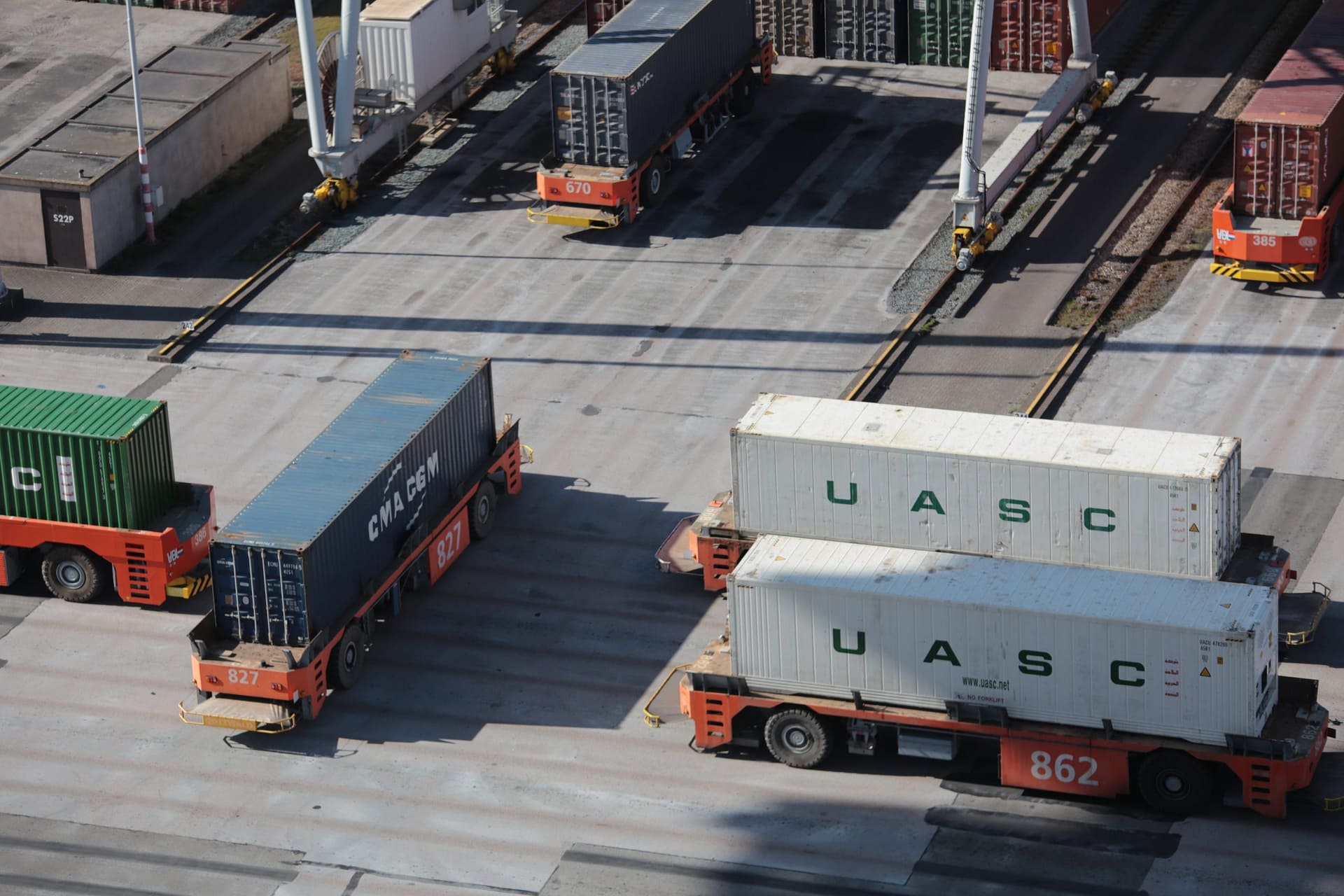Steve Eisman, an investor famous for being short against the real estate market in 2007 and portrayed by Steve Carell in The Big Short, commented on Tesla and its shareholders, describing them as a “cult.”
Eisman is credited as one of the few individuals who recognized and attempted to warn others about the impending crisis of collateralized debt obligations in 2007-2008, which led to one of the most significant economic downturns in modern history.
He quickly became a legend in the financial world after being profiled by Michael Lewis in his 2010 book The Big Short: Inside the Doomsday Machine, and then the movie adaptation, The Big Short, in which his name was changed to “Mark Baum” and actor Steve Carell portrayed him.
These days, Eisman is caustiously bullish on the market. He has some concerns about debt levels and the circular deals in the AI market, but he doesn’t see strong evidence of another impending doomsday scenario.
He says that he owns all the “Magnificent 7” except for one: Tesla (TSLA).
On the Lemondae Stand podcast, he recently shared his thoughts about Tesla. He highlighted how the company’s earnings are down roughly 60% since its peak:
I want you to think about it from the perspective of people who do real fundamental work and how difficult it can be to short stocks. Tesla’s peak earnings were in 2022. The company earned I think like $4.50 a share and this year I think they’re going to earn $1.50. So the earnings are down 60% from 2022 through 2025. And the stock is slightly higher.
Eisman was being asked about Tesla live during the interview, and going off from memory here. While he got the general trend right, Tesla’s earnings actually peaked in 2023 at $4.30 per share and declined by over 50% in 2024 to $2 per share.
In 2025, Tesla is currently at $0.67 per share, and with typically higher earnings in the second half of the year, Eisman is undoubtedly in the ballpark with his prediction of $1.50 per share in earnings.
The investor continued:
Imagine you are an analyst at a hedge fund in 2022 and you go to your PM (portfolio manager): ” I got this great thesis. There’s this company, it’s called Tesla, I know you’ve heard of it. Their 2025 earnings are going to be down 60% from their highs of 2022 (actually 2023), and I think they will be even lower in 2026. What do you think?”
He adds:
Let’s short the piss out of it.
Eisman says that the analyst would have been fundamentally 100% right, but the hedge fund would still have lost money because Tesla currently trades about 50% higher than it did during its peak earnings in 2023.
He explains why:
It’s a cult. I think what people sincerely believe, and this was Dan Ives (a Tesla hyperbull) on my show, The Real Esiman Playbook, is that Tesla is gonna do very well with robotaxis, AI, and robots, and it’s all going to be great and that’s why you own Tesla.
The famous investor explains why that’s cult behavior that is not worth arguing against:
“Number one, he could be right. Secondly, there’s no argument against it. You’re arguing against something that’ll happen in the future, and people believe it or not.”
Eisman famously said that “making investment decisions by looking solely at the fundamentals of individual companies is no longer a viable investment philosophy” as valuations are now completely detached from fundamentals.
Here’s the podcast episode:
Electrek’s Take
In short, Eisman argues that investing in Tesla at this point is about belief and, therefore, it’s a cult.
As an investor, he stays away from that, and I respect that.
I agree with him. However, it’s literally my job as a Tesla reporter to go further and challenge Tesla’s claims regarding the future of robotaxis, AI, and robots, especially when there’s serious evidence that the company is being misleading about its progress with these programs, particularly in relation to robotaxis and self-driving.
Being optimistic and using hyperbole is one thing; lying about capabilities and misleading customers and shareholders is another.


FTC: We use income earning auto affiliate links. More.



![The Hyundai IONIQ 3 looks just as wild as the concept [Video] The Hyundai IONIQ 3 looks just as wild as the concept [Video]](https://i0.wp.com/electrek.co/wp-content/uploads/sites/3/2025/09/Hyundai-IONIQ-3-EV-concept.jpeg?resize=1200%2C628&quality=82&strip=all&ssl=1)




